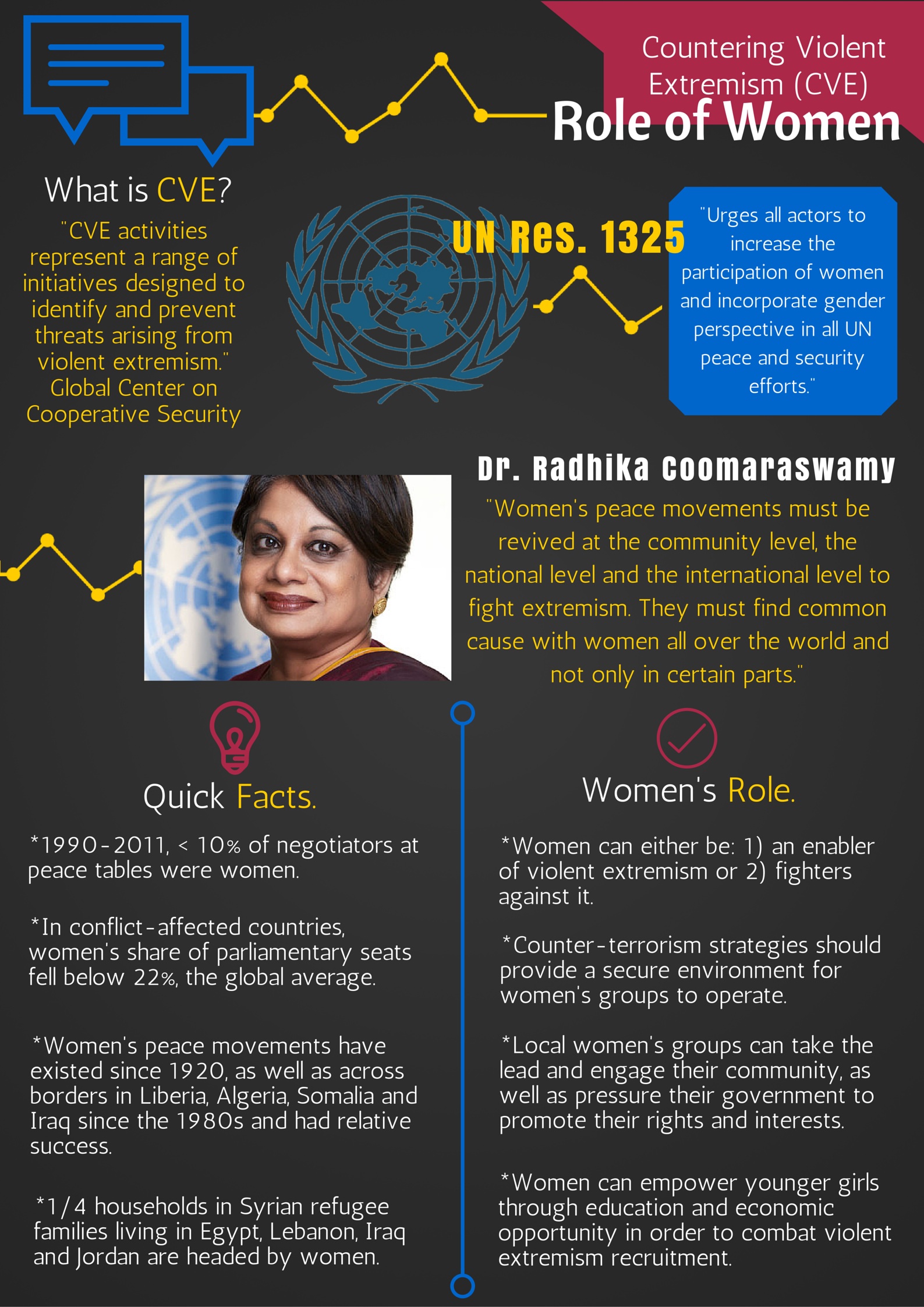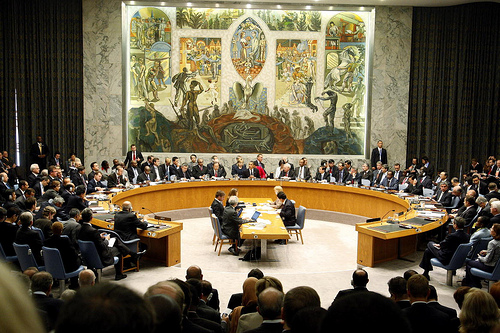In June 2018 the NATO Science for Peace and Security (SPS) Programme supported a Summer School on Gender in International Security in Montreal. Below, Stéfanie von Hlatky, one of the course directors, answers questions on the summer school, working with the SPS Programme, and the importance of gender discussion in international security.
More can be found on the NATO Science for Peace and Security Programme here.
Information on the Gender and International Security: Challenges for Canada, UN and NATO summer school is available here.
This summer school program is a collaboration between the Center for International Studies and Research at the University of Montreal (CÉRIUM), the Queen’s Center for International and Defense Policy, NATO’s Science for Peace and Security Programme, and Women and International Security-Canada (FÉSI-Canada), how did this partnership come around?
It’s a long story! For me, this experience all started with our NATO SPS project, a collaborative undertaking between the CIDP, the Australian Defence Force, UC Irvine, and the University of San Diego. It came about through a mutual interest in developing tools that would facilitate the practical application of gender perspectives at NATO, on both the civilian and military sides of the house.
More recently, we partnered with WIIS-Canada and Montreal-based academic partners (Réseau de recherche pour les operations de paix, CÉRIUM) to share our research findings and training materials with undergraduate and graduate students who have an interest in the topic. In addition to raising gender awareness at NATO, we are committed in our efforts to support the next generation of experts in international security. Understanding the gendered dimension of security and defence is now considered a core competency for policy work and operational planning in many countries.
The program is a result of a project led by researchers from Canada, the US and Australia that aimed to develop gender awareness applications for the NATO community. Did you find there was a marked difference in viewpoints or concerns of focus between the countries?
There are definitely some differences in how each country has proceeded with the integration of women in the defence sector, including their armed forces. There are also different trajectories when it comes to integrating gender perspectives in policies, operational planning and missions.
However, the three national perspectives bring something unique to the table. The ADF (Australian Defence Force) is very experienced when it comes to deploying gender advisors and has developed training in support of those efforts. Canada was among the first countries to remove all professional barriers to women in its armed forces so has much to share in terms of its journey of gender integration. The United States, for its part, has introduced innovative programs such as Cultural Support Teams, which consisted of attaching female soldiers to special operations forces units in Afghanistan.
All three countries benefit from sharing best practices and lessons learned when it comes to increasing the participation of women in the military and engaging in gender-based analysis in pursuit of international security objectives.
Gender and international security has become a forefront issue in recent years, why do you feel this is?
The year 2000 was key in generating momentum. This is the year when UN Security Council Resolution 1325 was adopted. The resolution (and follow-up resolutions) stressed the importance of women’s participation in conflict resolution processes. The resolution also highlighted the benefits of gender mainstreaming, which means the inclusion of gender considerations for all planned activities. Understanding the differentiated impact of conflict on women, men, boys and girls truly leads to better policies, programs and missions.
Other organizations, like NATO, adapted the UN resolutions for their own purposes. The challenge now is to further tailor these principles to NATO’s organizational priorities and missions, a demanding task that is being driven by NATO’s Secretary General’s Special Representative for Women, Peace and Security, Ms. Clare Hutchinson.
A big topic of this program is gender-based issues within NATO and the UN, what have you/the project found to be the biggest concerns? What steps are being taken to address them?
The biggest concern is uneven implementation due to gaps in awareness or general uncertainty about how gender guidelines should be incorporated into NATO’s core business and day-to-day tasks. Our SPS project helps in addressing those gaps through evidence-based research and practical training tools. We have consulted with NATO stakeholders during every step of the process and have delivered several iterations of our course to fine-tune our training materials.
The difference between including women and including a gender perspective in the analysis of global security was also discussed at the summer school program. Would you be able to briefly explain what the difference is and why it is important to understand?
They are related, since applying a gender perspective leads you to ask questions about the under-representation of women in international security. However, I like to introduce the issue of gender representation by discussing the ratios of men and women within organizations and how that affects internal dynamics and operational performance. Gender perspectives complete the picture by adapting our methodologies so that conflict assessments include the perspectives of women, men, boys and girls. When we fail to include a diversity of perspectives, we have important blind spots that can lead to policy failures.
The program involves speakers from both academic and military backgrounds. In organizing this, have you found there is a big difference in how the two groups approach the issue of gender in security?
I have found this approach very constructive. Academics can invest time in conducting evidence-based research and share these findings with the civilian and military practitioners who implement international policies on the ground. But academics should have a solid understanding of organizational and operational realities prior to undertaking this kind of research. Engaging with practitioners or spending some time in organizations like NATO and the UN are strategies that allow researchers to road test their ideas and to appreciate the subtleties of different organizational cultures, which necessarily impact how policies get translated into practice.
Thank you so much for your time. In closing, what are your takeaway thoughts on collaborative initiatives such as this program?
I am a big believer in applied research and NATO’s SPS Programme provided us with a unique opportunity to conduct independent research while helping us access NATO’s complex organizational structure. Moreover, this program facilitated the inclusion of young scientists and researchers, which is a fantastic professional development opportunity.
Photo: Stéfanie Von Hlatky by Nichelle Walker (2016), courtesy of Stéfanie Von Hlatky
About Professor von Hlatky:
Stéfanie von Hlatky is an Associate Professor, Department of Political Studies, as well as the Director of the Centre for International and Defence Policy (CIDP) at Queen’s University. She is also Chair of the Board at Women in International Security (WIIS) Canada.
Disclaimer: Any views or opinions expressed in articles are solely those of the authors
and do not necessarily represent the views of the NATO Association of Canada.




